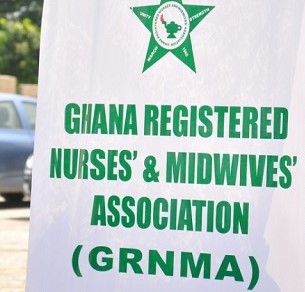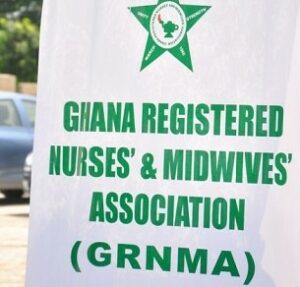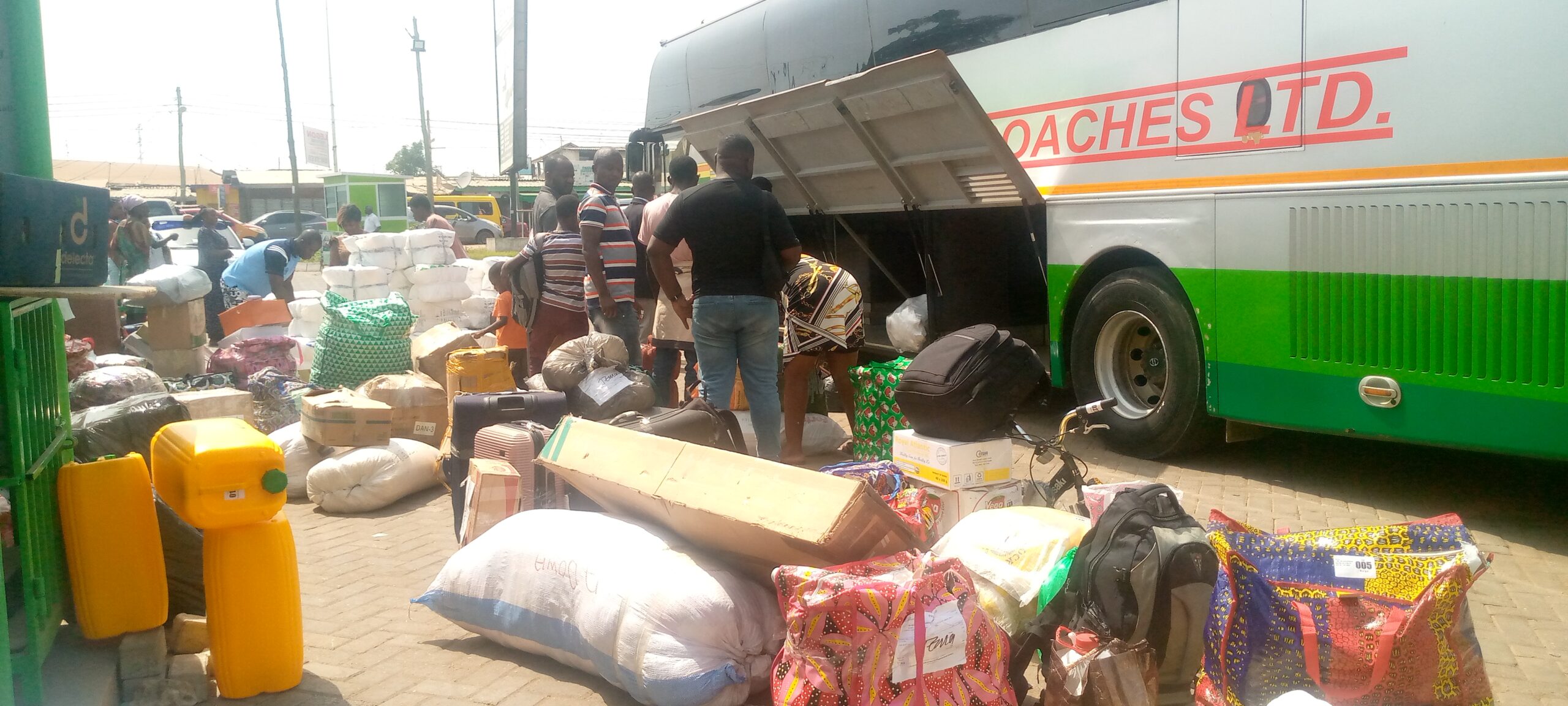

 Mr. Samuel Alagkora Akolgo, the First Vice President of the Ghana Registered Nurses and Midwives Association (GRNMA), says nurses and midwives are not treated as essential service providers in Ghana.
Mr. Samuel Alagkora Akolgo, the First Vice President of the Ghana Registered Nurses and Midwives Association (GRNMA), says nurses and midwives are not treated as essential service providers in Ghana.
He said even though they were captured as essential service providers in the law, the actions of their employers and how they treated their concerns were contrary to professionals referred to as essential service providers.
“As for the reference that we are essential service providers, it is just the law that says so, but in practice, it is not,” Mr. Akolgo said in an interview with the Ghana News Agency (GNA) as ongoing industrial action declared by the GRNMA keeps on.
The leadership of the GRNMA on May 28, 2025, released a roadmap on a planned industrial action to register its displeasure over delayed implementation of their collective agreement leading to the withdrawal of nursing services at Out-Patient Departments, emergency and specialized units across public healthcare facilities in the country.
Touching on the roadmap of the GRNMA in the lead up to the strike, Mr. Akolgo explained that the roadmap was planned in a way to create opportunity for the employer to address their concerns if indeed it was committed and regarded nurses and midwives as essential service providers.
“If the employer was committed to addressing the issue, there was room to do that before we got to this unfortunate situation of industrial action. Some employers always shirk their responsibilities with the hope of invoking the clause that forbids essential service workers from engaging in industrial action, and that is not fair,” he said.
Mr. Akolgo emphasised that, “The law says we are essential service providers, but in reality, we are not. Can you imagine that when a nurse or midwife is sick, he or she has to pay for healthcare services?
“Meanwhile, we attend to essential service providers from other organizations who are entitled to free healthcare services with their spouses and four children. Is that fair to us, as nurses and midwives?” he quizzed.
The association’s First Vice President disclosed that their condition of service is a 61-page document, and out of that number, only a page contained their issues, while the rest of the pages were normal administrative principles applicable to employer-employee relationship.
Even though Mr. Akolgo did not categorically disclose to the GNA the specific content of the page that contained their issues, he itemized them, saying “two of the issues are already implemented, but there is an adjustment to the quantum of what each person is supposed to receive. So, it is not new.”
He said during the negotiation, leadership tabled a number of allowances it thought members deserved but were told that under the International Monetary Fund (IMF) conditions, they were not allowed to introduce new allowances.
“That is why we could not get the professional development allowance,” the First Vice President, who is also a Chief Anaesthetist further explained.
He said there was a rural incentive allowance for nurses and midwives in rural communities which he noted were “dear to our hearts because we want our members in the rural areas to benefit as compensation for the sacrifices they make.”
He said it was in their previous condition of service demands and not a new item, noting that it only faced implementation challenges of identifying areas regarded as rural.
“Now, per the promotion guidelines that the Ministry of Health and the Ghana Health Service released, we now know where the rural areas are,” he said.
He added that, to him most of the demands in their condition of service document were already enjoyed by their colleagues in the health sector, adding that the leadership of the GRNMA was not proud that its members were on strike, and called on the employer to immediately satisfy their demand for members to resume work.
Source: GNA
The post We are not treated as essential service providers – GRNMA appeared first on Ghana Business News.
Read Full Story






![I'm out and enjoying life - Charlotte Oduro urges women to leave toxic marriages [Video]](https://image.api.sportal365.com/process/smp-images-production/pulse.com.gh/24072024/7162b68d-f373-4759-b68b-157913144be3)







Facebook
Twitter
Pinterest
Instagram
Google+
YouTube
LinkedIn
RSS